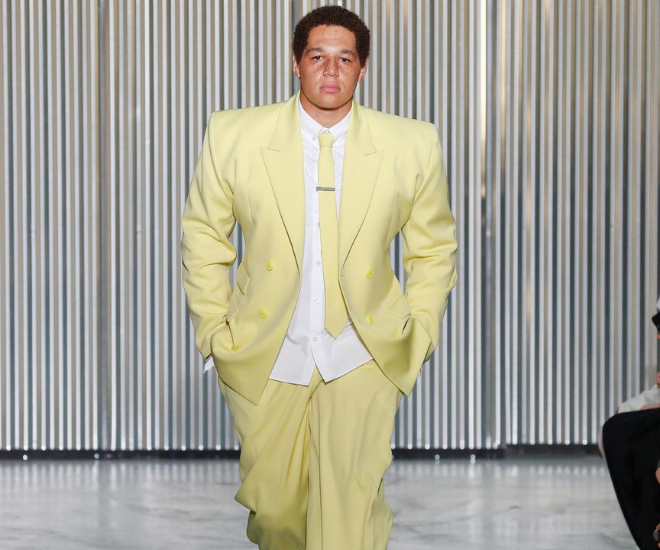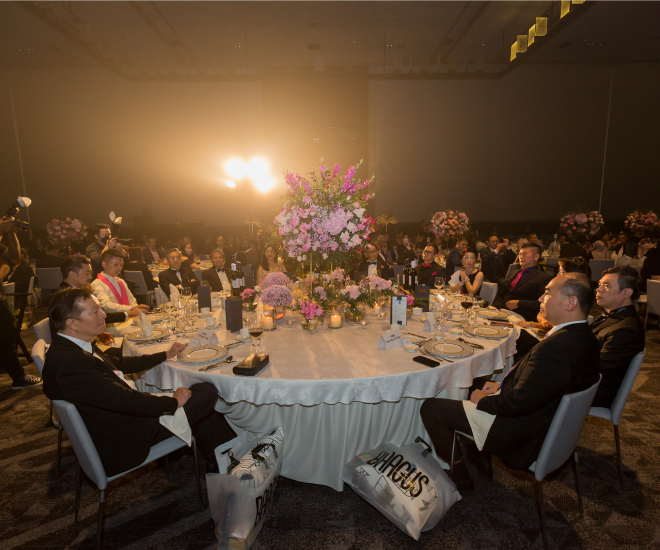Meet 4 Malaysian Millennials Who are Making a Difference in Society
Youth is no handicap to these four Malaysian individuals who are taking big steps in making the world a better place.
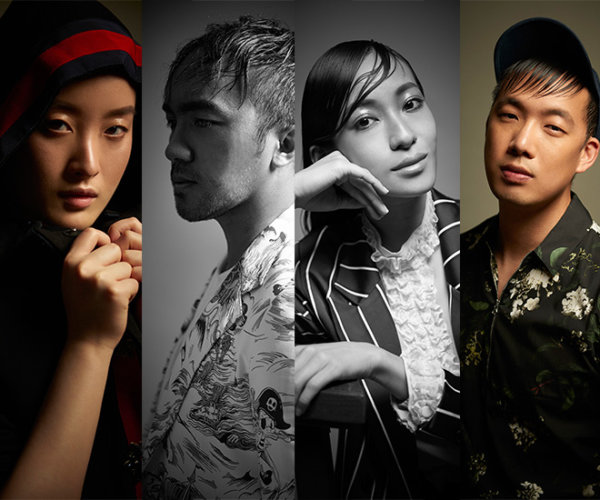
Hannah Kam, Organisation for National Empowerment
A lawyer by profession, Hannah Kam specialised in litigation and spent a lot of her time doing advocacy, which eventually paved the path for her to co-found Organisation for National Empowerment (ONE). A self-proclaimed nation-building NGO, ONE was founded on the basis of wanting to ensure that Malaysia has a bright future by seeking reformation in five key areas of national life: education, women empowerment, politics, democracy and national unity.

How was ONE conceived?
We are actually friends and like-minded people who wanted to start an organisation to ensure that Malaysia has a positive and strong future. Hence, with ONE, we set up innovative reforms that we hope Malaysia can achieve by 2057, the 100th anniversary of our independence. We want to encourage the youth of today – who are the leaders of tomorrow – to get involved in ensuring that their future is secured.
Why did you specifically choose to focus on building a better nation for Malaysia?
Out of love for my country. I think there’s too much negativity especially amongst my generation; negativity without any sort of constructiveness. There isn’t a solid solution to the problems, or at least an attempt to work towards a solution. I studied overseas for approximately six years but ultimately Malaysia is home and I feel that every Malaysian has a responsibility to play a role in securing the future of our country. I cannot guarantee that we at ONE can change everything.
I don’t even know if we can guarantee a change in 30 or 40 years, but what I do know for sure is that if we don’t try, things are definitely not going to go well for us as a country. As the younger generation of today, we definitely want to work towards a better Malaysia for our children and grandchildren.
If you could change the world, what aspect of it would you change and how would you do it?
I want to change the way people think of education. It’s not just instilling academic learning in children, but also values that they may not necessarily teach in school like punctuality, decorum in public places and cleanliness.
John-Son Oei, Extraordinary People Impacting Community
What started out as a twice-weekly meet up between a group of friends on how to improve themselves as people later became a starting point for John-Son Oei to start EPIC – short for Extraordinary People Impacting Community. EPIC Homes was initially meant to be just a project, but seven years later, it still remains and is expanding into something more than just building houses for the underprivileged.
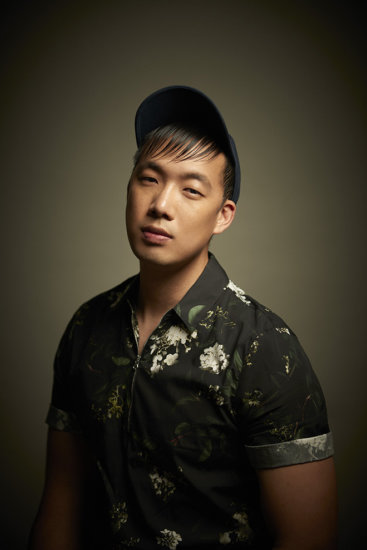
Seeing as EPIC was meant to just be a project, what spurred you to continue on with it?
What kept me at it was two very basic realisations that I had whilst doing the project. First was realising that a lot of people wanted to serve [the community]. There are a lot of people who want to do more than just donate money. Instead, they want to get their hands dirty, give back and see where the money goes. The only problem with why we don’t see more people helping is because they don’t know how to go about it or what to do. The other realisation was understanding that EPIC Homes was such an impactful experience for myself. I asked myself: why didn’t I get engaged in something like that earlier?
What do you want to achieve out of EPIC?
Our vision is to create an inclusive world full of “response able” people, driven by the heart of service. Our society makes it easy for us to put blame on others. With that mindset, it creates a diffusion of responsibility and a lack of action.
I want people to realise that we can do a lot more than we think we can to change the environment that we live in.
The idea behind EPIC is to really create a world where people would look at the issue on hand and say, “What can we do about it?” By being “response able”, we’re hoping that people will take the initiative and have the ability to respond to the challenges they face. It’s a culture that we at EPIC are trying to create. A lot of people think EPIC is all about helping the poor. Actually, the impact goes both ways because it not only helps the underprivileged, but also the privileged to be more empathetic.
If you could change the world, what aspect of it would you change and how would you do it?
This is quite cliché… but I believe at the end of the day it’s about constantly improving myself and believing that whatever resources – channels, networks, scope of influence – that’s been given to me will be able to amplify the person that I am to help influence others to change for the better.
Rebekah Yeoh, Nimble Fingers Cambodia
Helping the less fortunate has always been a part of Rebekah Yeoh’s life, thanks to her upbringing. But it was only in 2013 when Yeoh joined Global Shapers, an initiative of the World Economic Forum, that she really started crafting and perfecting projects related to youth empowerment and ageing communities on a wider scale. Four years later, she started Nimble Fingers Cambodia, a business effort to help underprivileged Cambodian children.

What did you want to achieve out of starting NFC, and why in particular did you wanted to help underprivileged Cambodian children?
I wanted to do something for a children’s home that had personal bearing on me, and link that to a sustainable education/empowerment programme. In my time in Cambodia, I noticed the children at the children’s home I often visited – the FGA Child Care Centre (FGACCC) – were extremely gifted in arts, crafts and stitchwork. They could spin hundreds of bracelets in the span of an hour and this was merely a hobby. Their agility both mentally and physically was beyond me.
I wanted them to feel rewarded for their talents and skills, and at the same time teach them about accumulating disposable income and savings because many underprivileged Cambodian adults tend to squander incomes away.
Thus I started a programme where I would sell their work for them at a 40% profit and they pocket 100% of the sales, but on the condition that it is reinvested into their “mini businesses” so that they learn about capital spending, savings and value-add. Their propensity to take risks by reinvesting their profits into more complex raw materials has been multifold! They must also book-keep and track revenue and spending so they are trained from a young age to monitor their finances and develop conservative financial etiquette.
Have you always been passionate about helping the underprivileged, even before Global Shapers?
Yes I have, but it did not come naturally. In the beginning I had to force myself to help others because I was inclined to think, “it was the right thing to do”. Upon repetition, it slowly evolved into “the human thing to do” and finally resonated to “the natural thing to do”.
If you could change the world, what aspect of it would you change and how would you do it?
I would change the mindsets and have one compass to perceive what is right and what is wrong so that the people are naturally aligned and are propelled to make good in whatever capacity they can.
Zikry Kholil, Incitement
Although Zikry Kholil had a colourful career consisting of being a national ice hockey player and radio DJ, deep down he knew that he had always wanted to help people, and work with the United Nations (UN). After a stint with the UN, Zikry left and in 2011, co-founded Incitement, a platform that bring together NGOs and volunteers by organising talks.
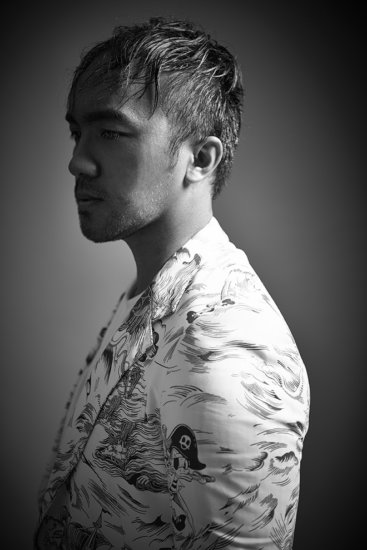
How does the Incitement module work?
It’s a movement designed to invite positivity though sharing of visions, knowledge, and compelling stories in hope that the audience will take assertive action in helping underprivileged communities or solving real world problems. We do that by having monthly inspirational talks, and we structure it in a way that is more focused on experience for the audience, so it’s not your typical 45-minute key note with questions and answers. We designed it in a way where speakers don’t just give a speech; they interact with you, engage you by asking questions and in between speakers, there are sessions where the audience gets to break the ice like pitching random ideas. It’s a very dynamic and fluid form of communication; it’s all about the people and inspiring them on a whole other level. The best part is, the whole experience is free.
How does Incitement help inspire people to help the underprivileged?
At the end of each session we have in Incitement, there is an appreciation round where the audience would share which speaker inspired and moved them the most. This is impactful because they feel like they are a part of something and it’s the perfect moment for us to give them a cause of action by asking them if they would want to volunteer. Then, we will channel to them projects that we have partnered with so they can get a kick-start. But Incitement has since evolved into becoming a middle person to connect both the clients (NGOs) as well as people who want to volunteer but don’t know how. Our standard operation of procedure is now channelling our audience to the social projects we partner with and projects that we have under our umbrella. Plus, we get brands who want to brand themselves as one that does social projects, so we link them up with NGOs who are looking for sponsors and grants. We’re using the same model in all Incitement countries and as of now, we are already in 45 different countries with Malaysia being the biggest.
If you could change the world, what aspect of it would you change and how would you do it?
I want the gift of convincing people to see each other as equals, and not be segregated by beliefs and skin colours.
It’s human nature to judge, like it or not, so if I had that gift, I would like people to see each other for not what they seem, but who they are. I want to incite and provoke people with love and positive actions rather than negativity.
Words by Chin Pohnee. Photos by Chintoo. Styling by Jeffrey Yan.
From: L’Officiel Malaysia, May 2017.
